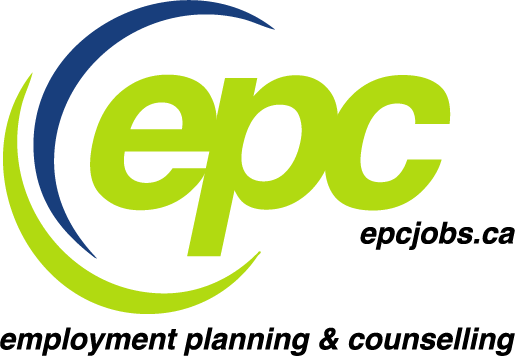As Canadians we brace ourselves annually for the frigid winter months. When employed or in training, we force ourselves to bundle up and forge on. However, when unemployed; it may be a little more difficult to muster up the energy and motivation to face the elements especially given that the result could possibly be a rejection. If minus 40 degrees is not your thing, there are many activities you can still pursue to keep you in the zone while keeping warm as well. Check out this video for great ideas on how to maintain your job search activity during a harsh winter.







